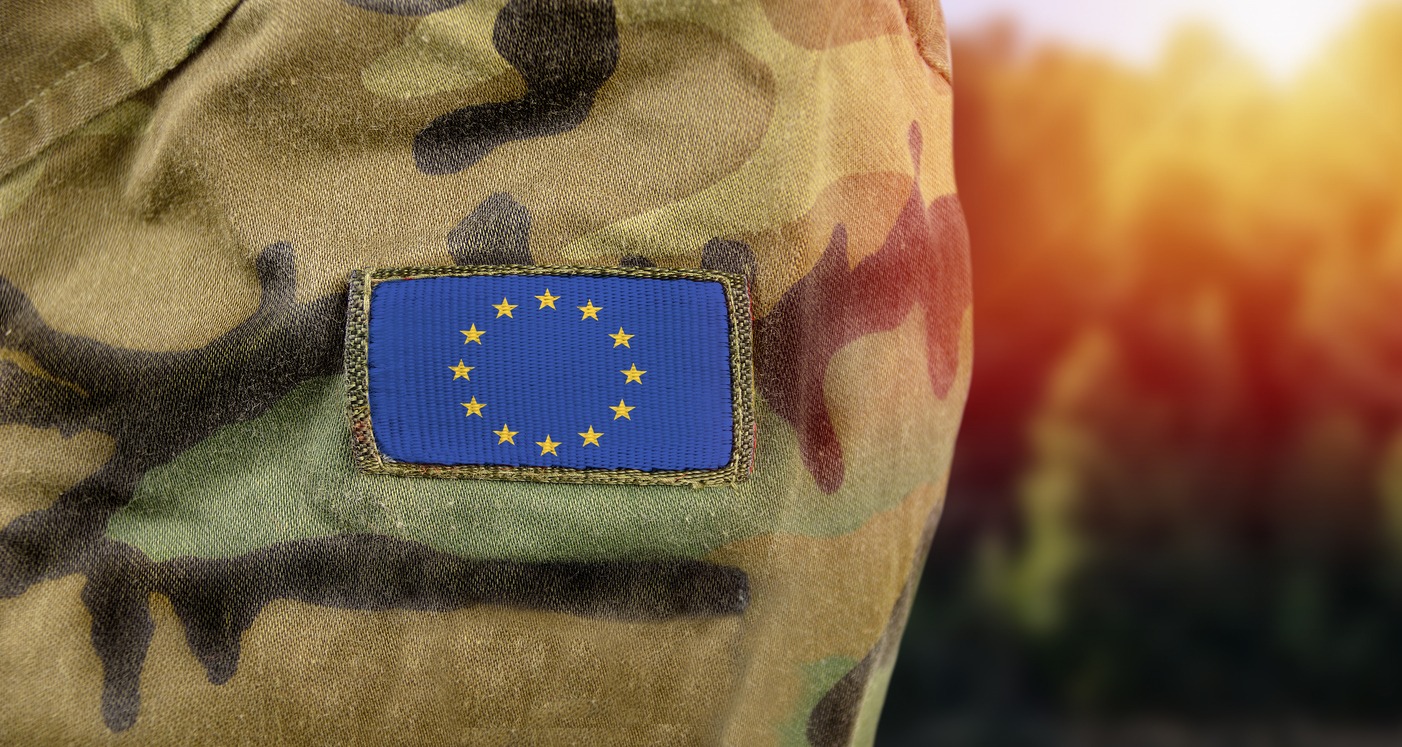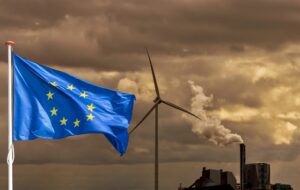Europe seems to have decisively embarked on the path of rearmament. The desire to strengthen defence capabilities is shared by many European capitals and features in political debates and investment plans. But what impact does this have on the climate agenda?
It is undeniable: increased military spending risks having a direct impact on investments for climate action. If European resources are finite, every euro spent on defence could mean one euro less for decarbonisation, and, by extension, for ensuring the innovation of production processes necessary to revitalise industrial competitiveness and guide citizens and businesses through the transition. At the same time, we are seeing greater flexibility in how budgetary rules are applied by countries such as Germany, which have historically opted for more stringent approaches. This flexibility – as Draghi emphasises in his report – would also be useful in addressing climate and competitiveness challenges.
The arms race could create new divisions within the Union, widening inequalities between Member States with varying fiscal capacities, placing pressure on social spending and therefore on investments for a just transition. At present, investments seem to be directed towards strengthening national defence systems rather than towards a, hopefully, greater European integration. This approach underestimates the importance of cooperation between Member States, as no European country can guarantee internal security and compete on a global scale alone. So, what will the consequences be for Europe? Will we see a more unified and independent Union, or one that is more vulnerable and fragmented? What are the risks of further alienating citizens from Brussels?
In this time of profound uncertainty, particularly in relation to the substance of political statements made by European and national leaders, the questions far outweigh the answers. In this context, we are left questioning the very meaning of security. Our studies have long shown that, in times of instability, climate change acts as a generator or amplifier of insecurity, fuelling conflicts, migratory crises and geopolitical tensions through extreme weather events.
In this respect, if Europe truly intends to build an effective defence strategy, it must not overlook the importance of securing investments for medium to long-term security. These investments must first and foremost focus on ensuring energy security, reducing dependence on fossil fuels through renewable energy and efficiency, as advocated by Mario Draghi in his Senate hearing on European competitiveness on 18 March: “In the energy sector, we must always remember that if we want complete autonomy — sovereignty over our energy supply — in the end, energy production cannot come from gas.”
European security also requires investments to ensure the resilience of the economic and social fabric. This is essential for protecting citizens and businesses from the impacts of climate change, enabling them to be active participants in the transformation process. In this regard, the statements made by Spanish Prime Minister Sanchez and President Meloni appear to go beyond mere calls for lexical change.
We are left with many questions. To summarise: how can we ensure that Europe’s security is not just a matter of armaments, but also about new energy security, competitiveness, social cohesion and international cooperation? How can we prevent today’s responses from compromising tomorrow’s solutions?
While we do not yet have definitive answers, it is urgent to open this debate and continue with analyses and proposals to ensure a secure and sustainable future for generations to come— one that Europe can only guarantee through greater integration.
This article is an extract from the editorial of our March newsletter, which you can read here (available in Italian only).
Photo by Cunaplus_M.Faba







